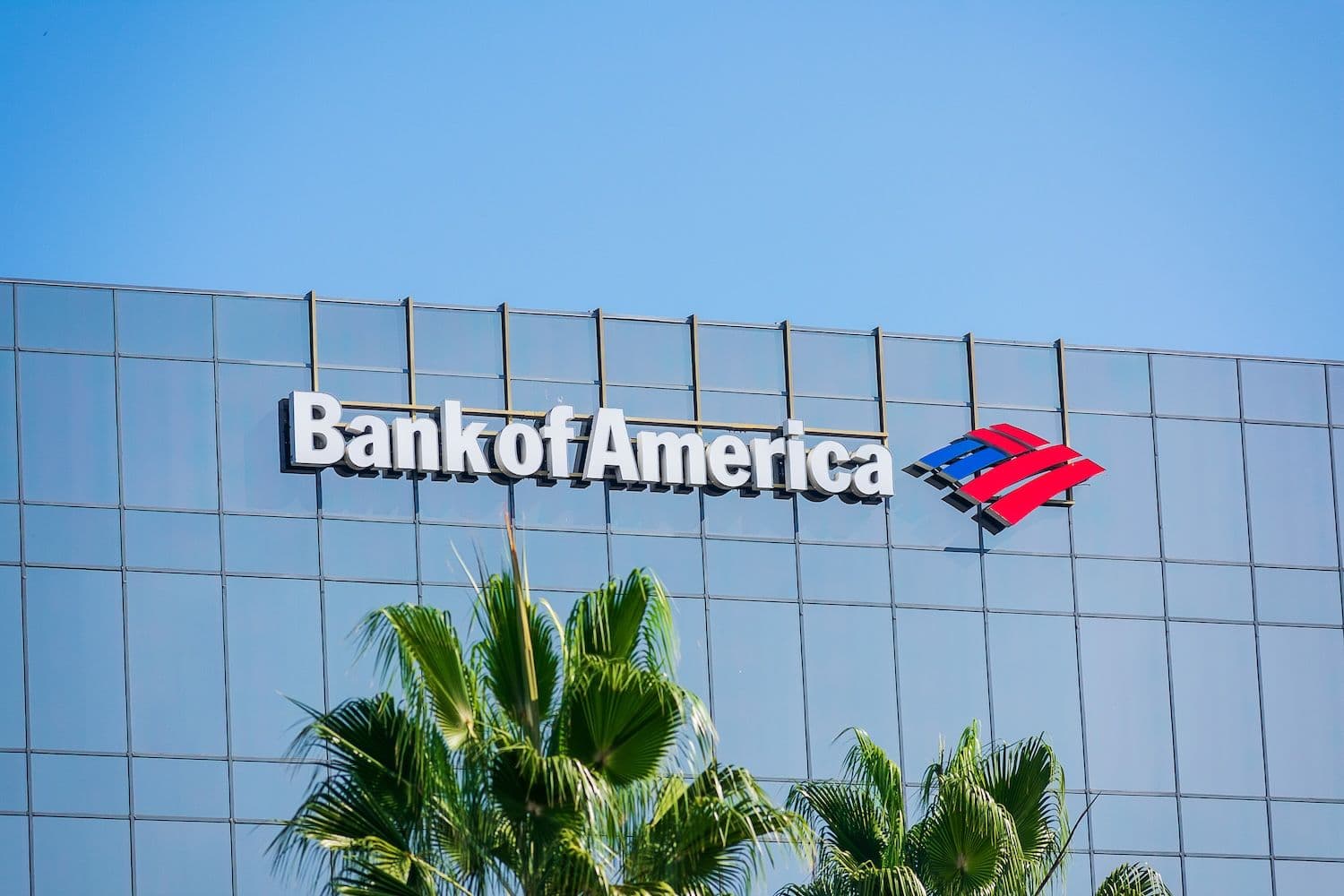Bank of America CEO Brian Moynihan announced Wednesday that the nation's second-largest bank will consider launching stablecoins once federal cryptocurrency legislation clears Congress, marking a significant shift for an institution that has historically maintained distance from digital assets.
What to Know:
- Bank of America has been evaluating stablecoin opportunities since February but awaits regulatory clarity
- The bank expects investment banking revenue to drop more than 20% in the second quarter year-over-year
- Bipartisan Senate support is building for the Genius Act and Stable Act, with potential passage before August 5
Speaking at a Morgan Stanley conference in New York, Moynihan emphasized regulatory uncertainty as the primary barrier to the bank's crypto involvement. "We're working with the industry… but the problem before was it wasn't clear we were allowed to do it under the banking regulations," he said.
The bank has been studying stablecoin launch possibilities since February. Moynihan indicated that passage of specific legislative measures would trigger the bank's entry into digital currency markets.
"If they get the Genius Act or the Stable Act passed, along with the markets infrastructure enablement piece, that will help us determine whether there's a viable business opportunity in stablecoins," Moynihan stated during his conference remarks.
Legislative Momentum Builds On Capitol Hill
The Genius Act, which establishes frameworks for bank holding companies to issue stablecoins, has gained renewed attention in the Senate. Sources familiar with the legislative process suggest final passage could occur as early as next week, according to published reports.
Bipartisan amendments have emerged that could reshape the bill's final form. One proposal would prevent presidents and their families from profiting from stablecoin ventures while in office. Another amendment, sponsored by Senator John Hickenlooper of Colorado, aims to prohibit interest payments to stablecoin customers to protect community banks' competitive position.
Senate Majority Leader John Thune has temporarily halted votes on these amendments, creating uncertainty around the timeline. The broader Clarity Act, designed to regulate digital asset markets comprehensively, remains stalled in the House without a scheduled vote.
President Trump has publicly advocated for expedited passage of both measures as part of his administration's goal to establish the United States as the "crypto capital of the planet." During March's inaugural White House crypto summit, Trump expressed hope that stablecoin legislation would reach his desk before Congress's August 5 recess.
Market Response And Banking Sector Challenges
Moynihan's stablecoin announcement comes as Bank of America faces near-term revenue pressures. The CEO projected investment banking revenue will decline more than 20% in the second quarter compared to the same period last year. However, he anticipates modest growth in trading revenue during the same timeframe.
Wall Street firms have increasingly recognized stablecoins' potential to transform digital payments and broader financial infrastructure. The recent public listing of Circle, a prominent stablecoin issuer, on the New York Stock Exchange has intensified investor interest in the sector.
Circle's stock more than doubled during its first trading session, generating optimism about a potential IPO market recovery. The company's strong debut has highlighted growing institutional appetite for cryptocurrency-related investments.
Closing Thoughts
Bank of America's conditional entry into stablecoins represents a watershed moment for traditional banking's relationship with digital currencies, contingent entirely on Congressional action that could reshape America's financial landscape before summer's end.



